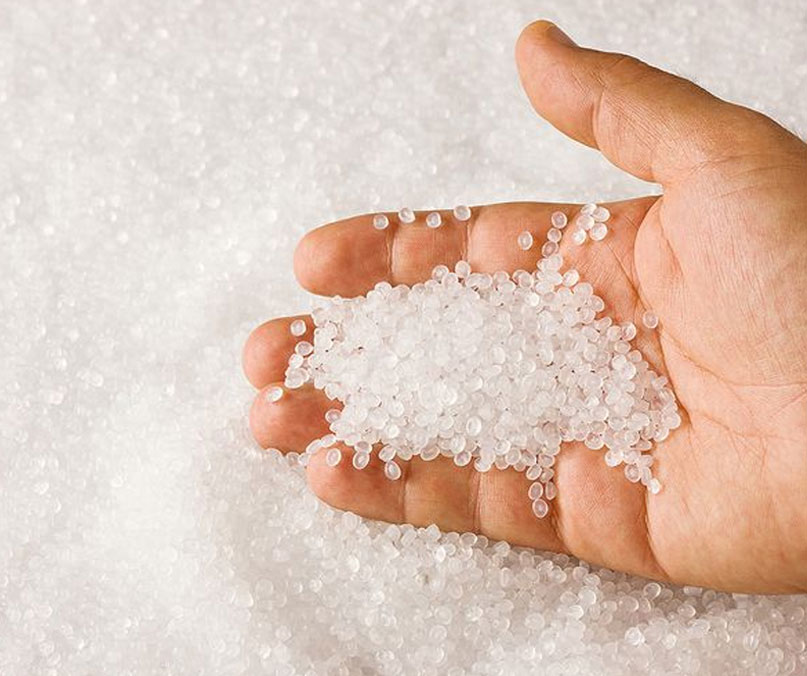
Base Material in the Petrochemical Industry
Propylene, a key substance in the petrochemical industry, produces a variety of products such as polypropylene, acrylonitrile, propylene oxide, and more. This diverse production makes propylene applicable in various industries, including construction, packaging, healthcare, and automotive. Iran, being one of the largest producers and exporters of polypropylene in the Middle East, offers high-quality products at competitive prices to both domestic and international markets.
- Injection Molding: Mainly used in the production of electrical appliances, caps and lids, toys, luggage, and the automotive industry.
- Fibers: Used in the backing of carpets and rugs, mats, various yarns, non-woven fibers, clothing fabrics, and thermal and cold insulation.
- Film and Sheet: Widely used in the packaging industries for confectionery, chocolates, cigarettes, printing, and sheets for packaging food items.
- Blow Molding: Used in the production of bottles and containers.
- Pipes: Utilized in the production of sewage pipes, wires, and cables.
Russia is recognized as one of the largest global markets for polypropylene. With the development of the petrochemical industry and abundant oil and gas resources, Iran can export high-quality and competitively priced polypropylene to Russia. The strong political and economic relations between Iran and Russia promote this collaboration.
According to published statistics, the production volume of polypropylene in Iran in 2022 was approximately 1,115,000 tons. With the implementation of new projects, it is predicted that production will increase to 4 million tons by 2025.
- Abundance of oil and gas resources in Iran serves as a primary feedstock for polypropylene production.
- The use of Propane Dehydrogenation (PDH) technology for propylene production is cost-effective and yields higher efficiency compared to other methods.
According to Iran’s export and import regulations, exporters must obtain export licenses from the Ministry of Industry, Mine, and Trade, as well as customs clearance permits from the Customs Organization. Exporters are also obliged to pay value-added tax and export duties.
- Jam Petrochemical Company: Located in Asaluyeh Phase 1, this petrochemical company uses steam cracking of gas to produce polypropylene, along with ethylene, benzene, furnace oil, heavy and light linear low-density polyethylene.
- Arvand Petrochemical Company: Located in the Persian Gulf Petrochemical Industries Company, this company utilizes PDH technology for polypropylene production and also manufactures PVC, vinyl chloride monomer, chlorine, and caustic soda.
- Bouali Sina Petrochemical Company: Situated in Bushehr, this petrochemical company employs steam cracking of gas for polypropylene production and also produces methanol, olefins, MEG, ethylene glycol, polyethylene, polypropylene, butadiene, and butane.
- Marun Petrochemical Company: Located in Khuzestan, this company employs steam cracking of naphtha for polypropylene production, and it produces ethylene, benzene, toluene, xylene, furnace oil, diesel, polyethylene, polypropylene, polystyrene, and ABS.
- Bandar Imam Petrochemical Company: Situated in Khuzestan, this petrochemical company uses steam cracking of naphtha for polypropylene production, and it produces ethylene, benzene, toluene, xylene, furnace oil, diesel, polyethylene, polypropylene, polystyrene, PVC, VCM, chlorine, caustic soda, acrylonitrile, acrylic acid, acrylates, acrylic fiber, ammonia, urea, melamine, and ammonium sulfate.
Packaging options include drums, bags, cartons, bales, and rolls.
The price of polypropylene varies based on its application, dimensions, thickness, color, and quality.
